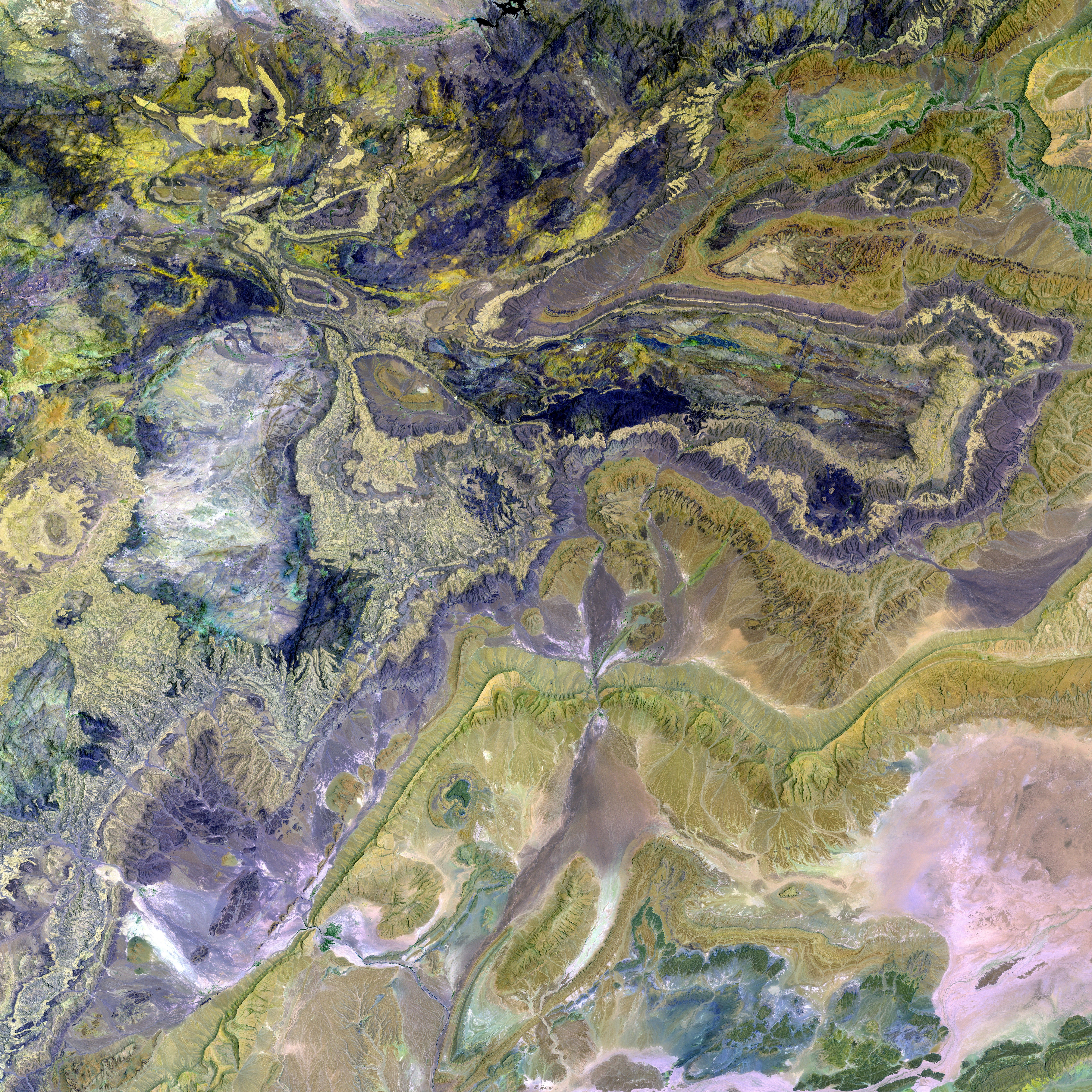Increase in Venezuela's Oil Production as PDVSA Engages Foreign Allies: Venezuelan Oil Output Shows a Steady Climb with PDVSA Seeking International Collaboration
In the heart of Caracas, February 2024, the Venezuelan oil industry continues its tenacious recovery, battling against the relentless economic sanctions spearheaded by the US.
The latest monthly report from the Organization of Petroleum Exporting Countries (OPEC) ranked Venezuela's February output at a staggering 820,000 barrels per day (bpd), a notable increase of 16,000 bpd from the previous month. This spectacular surge marks a remarkable seventh consecutive month of production growth and is the highest output since February 2019, when the US imposed a crushing oil embargo.
State oil company PDVSA revealed a most impressive figure of 877,000 daily barrels of oil produced in February, a substantial increase from the 841,000 reported in January. Yet, exports have yet to catch up, plagued by shipping delays and diluent shortages that have left the industry crippled, according to reports from Reuters.
Since 2017, the US Treasury Department has launched a venomous onslaught of financial sanctions, an oil embargo, secondary sanctions, and more, all aimed at strangling the life out of Venezuela's major revenue source. Production plummeted dramatically from nearly 2 million bpd in mid-2017 to pathetic levels of below 350,000 bpd in 2020. However, the industry has since commenced a slow but promising recovery.
Faced with limited financial resources and continuous operational disruptions, PDVSA has sought refuge in its international allies. The return of US oil giant Chevron, granted a limited license to reactivate extraction and sales from its Venezuelan operations last November, has announced ambitious plans to drill 30 new wells in the crude-rich Orinoco Oil Belt. Chevron aims to reach its production ceiling of 200,000 bpd in 2024 and eventually surge to 250,000 bpd in 2025 with the new wells. Chevron currently holds minority stakes in four joint ventures with PDVSA, and their combined production stood at about 135,000 bpd at the end of last year.
In recent weeks, Venezuela's Oil Minister Pedro Tellechea has disclosed meetings with international corporations, including Algeria's Sonatrach SpA, Bolivia's YPFB, Mexico's PEMEX, and more recently, Brazil's Petrobras, to explore prospective hydrocarbon project opportunities. European firms Maurel & Prom (France), Repsol (Spain), and Eni (Italy) have equally intensified their activities in the region over the past months.
PDVSA has also secured diluent shipments from Russia to augment its refining and blending operations and has attempted to resolve delayed payments to Iranian counterparts as part of a long-term swap deal between the two nations.
The future of Venezuela's oil industry remains shrouded in doubt, as its dealings with foreign partners are set to come under increased scrutiny with the expected hardening of US economic sanctions against the industry. In October 2023, the US Treasury Department's Office of Foreign Assets Control (OFAC) issued General License 44 (GL44), enabling US customers to engage with Venezuela's oil and gas sectors. However, the Biden administration has vowed not to renew the sanctions waiver once it expires in April, intending to apply political pressure on the country following the Venezuelan Supreme Court's ratification of a political ban against US-backed candidate María Corina Machado ahead of this year's presidential elections.
GL44 had a minimal impact on Venezuela's oil output, with the US Treasury instructing companies that it was not a "call for investment." Analysts have claimed that the country's production would stagnate in the event that GL44 expires, plunging 2024 revenues by around $1.6 billion. While the non-renewal of GL44 would not impose restrictions on PDVSA's dealings with foreign partners, given that it only blocks transactions involving US persons and companies, the reimposition of sanctions and increased extra-territorial enforcement could lead to fuel shortages in the South American nation. In the face of the state-owned corporation being barred from financial markets and having many of its foreign bank accounts frozen by the US and its allies, PDVSA has been forced to resort to swap agreements, offering crude for diluents or fuel.
- Despite constant challenges, Venezuela's oil industry, specifically PDVSA, is seeking international partnerships, such as with Brazil's Petrobras, to bolster crude production, hoping to reach 250,000 barrels per day (bpd) with new wells by 2025.
- PDVSA has been actively importing diluents from Russia and resolving payment issues with Iran as part of a long-term swap deal, aiming to maintain and enhance refining and blending operations.
- In the midst of fluctuating Oil production and increasing US economic sanctions, Venezuela is projected to export around 841,000 daily barrels of oil in the coming weeks, although exports have been hindered by shipping delays and diluent shortages.








